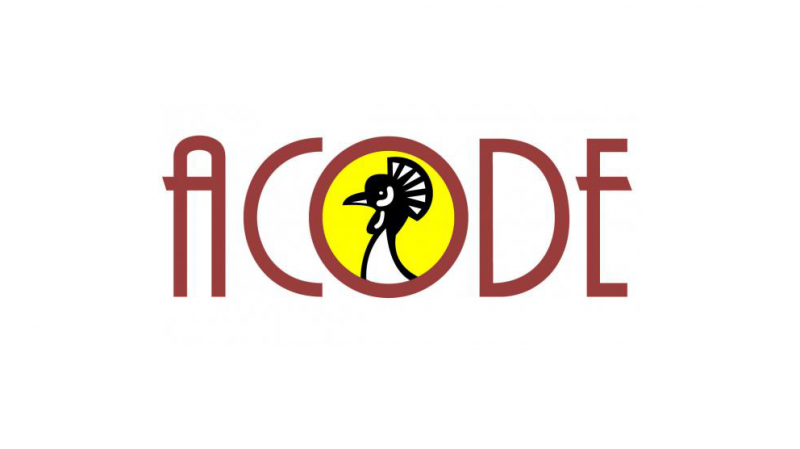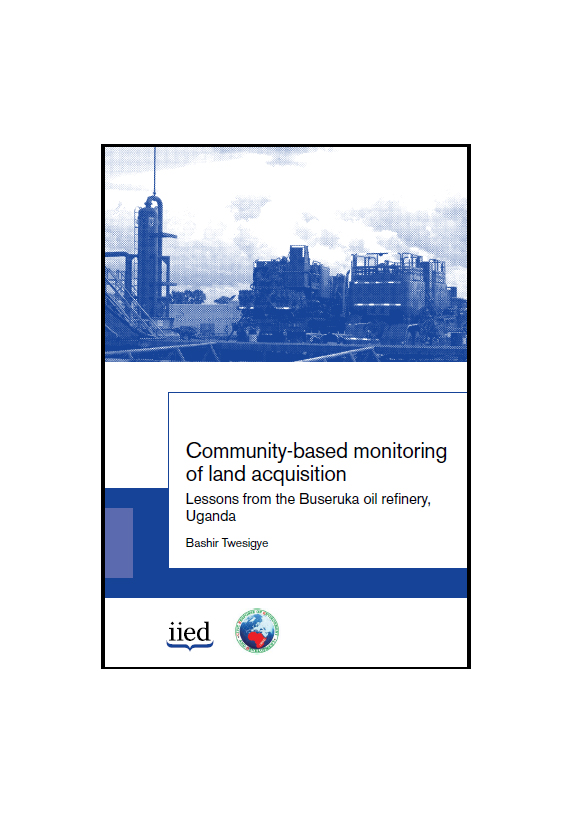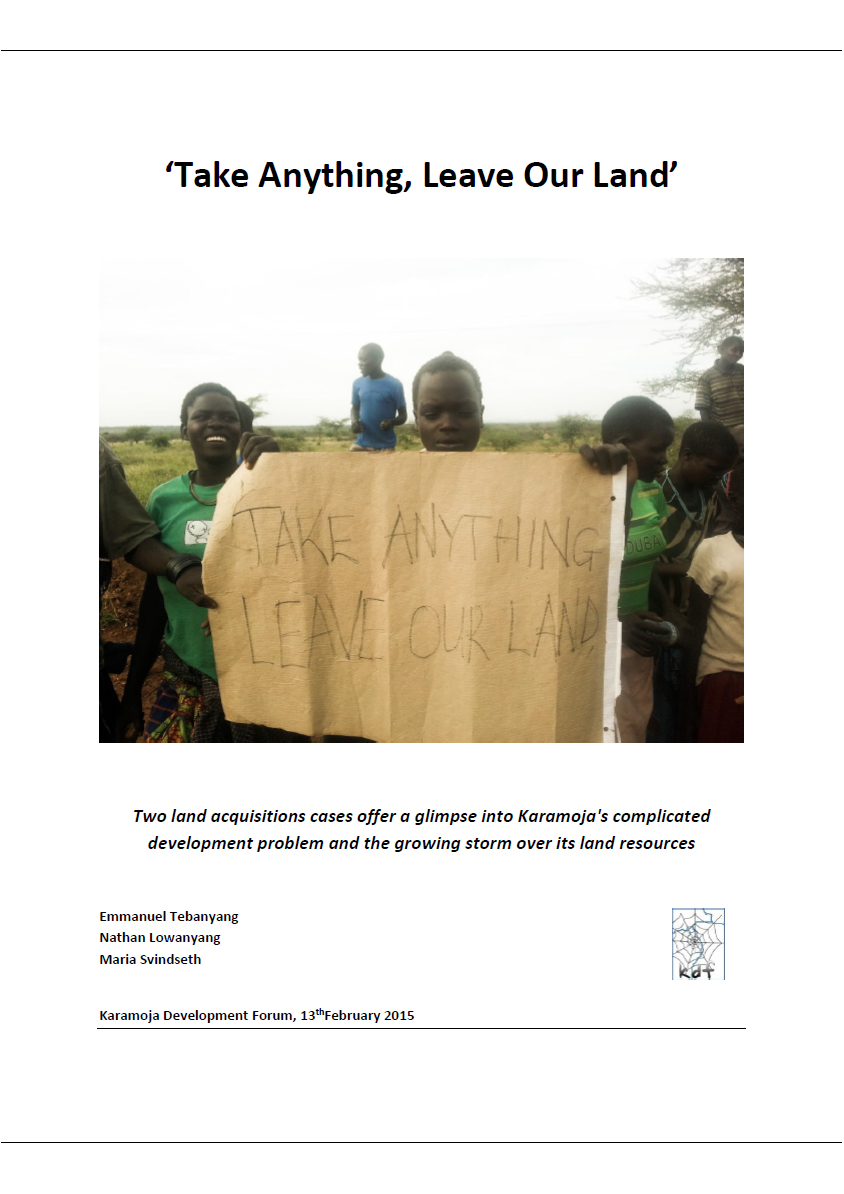Location
Kampala
Uganda
Advocates Coalition for Development and Environment (ACODE) is an independent public policy research and advocacy think tank based in Uganda working in East and Southern Africa. ACODE was first registered in 1999 as a Non-governmental organization (NGO). In 2004, the organization was incorporated as a company limited by guarantee and without having a share capital. ACODE is one of the most dynamic and robust regional leaders in cutting-edge public policy research and analysis in a range of areas including governance, trade, environment, and science and technology. ACODE has, for the last four consecutive years, been ranked in the Global Go To Think Tank Index as one of the best think tanks in Uganda and one of the top think tanks in the world. Think Tanks in Africa continue to play a major role in policy development and implementation. The Advocates Coalition for Development and Environment (ACODE) has been ranked 23 out of 92 Top Think Tanks in Sub-Saharan Africa and 29 out of 90 globally with Best Advocacy Campaign in the 2015 Global Go To Think Tank Index Report (TTI), led by the University of Pennsylvania through its Think Tanks and Civil Societies Program (TTCSP).
ACODE is non-partisan and independent and therefore does not align with any political party or political organisation. However, given the direct relationship between development policy and politics, we believe that our work is political and it must stand for certain political causes of a bi-partisan nature. Such causes are legitimate issues of research interest so long as they are defined on the basis of constitutionalism, the rule of law as well as national and regional interests as expressed in the relevant treaties, strategy documents and declarations. ACODE's work is based on three broad programmes areas: Environmental Democracy, Peace and Democracy, and Innovation and Biotechnology Policy. Our core business is to undertake advocacy-driven public policy research and analysis on contemporary and emerging public policy and governance issues that have a significant impact on national development.
Members:
Resources
Displaying 16 - 20 of 51Community-based monitoring of land acquisition
The constitution and enabling legislation in Uganda, as in many other countries, empower the government to acquire land in the public interest. Under Ugandan law a person whose land is identified for a public purpose must be compensated fairly, promptly, and prior to the acquisition of the property.
THE UGANDA NATIONAL LAND POLICY IMPLEMENTATION ACTION PLAN 2015/16 – 2018/19
The Uganda National Land Policy (NLP) Implementation Action Plan is a deliberate resolution by the Government of Uganda to address major challenges that have hindered the implementation of land reforms, thereby impeding the optimal utilisation of land for socio-economic development and transformation. Although successive post-independence governments have made numerous efforts to streamline land governance and reconfigure the role of land in national development, the majority of these efforts have failed to address underlying issues and have thus remained unimplemented to date.
Take anything, leave our land
The Karamoja region in Northeastern Uganda, covering an area of 27,200 square kilometers, is inhabited by around 1.2 million people who live in seven districts; Moroto, Nakapiripirit, Napak, Amudat, Abim, Kotido and Kaabong. Its residents are mainly Ngakarimojong speaking peoples, but the area is also home to the Ethur, Labwor, Pokot, and indigenous minorities such as the Tepes and the Ik.
COMMUNITY LAND JUSTICE IN UGANDA
Uganda’s northern region was traditionally inhabited by communities with predominantly pastoral lifestyles. As the country began developing administrative structures in the region, most clans found themselves settled into agro-pastoral communities. The elders found it imperative to demarcate areas of land to fit different uses, with areas for family settlement and cultivation clearly separated from other areas for communal use. Land was either demarcated by the leaders of a particular settlement or by the dominant clan for the benefit of everyone else in that area.
Power and Vulnerability Land Dispute Resolution
Unfolding analysis reveals two types of land disputes prevalent in postwar northern Uganda: cases that involve a legitimate cause of action and those that do not.1 Since mediation and alternative forms of dispute resolution rely on parties’ willingness to negotiate in good faith, cases featuring ‘bad faith’ and land grabbing—where powerful parties intentionally exploit another person’s vulnerability in order to illegally2 claim land—pose a serious challenge for local land dispute mediators. Such mediators must wrestle with whether and how to remain neutral in the face of injustice.





